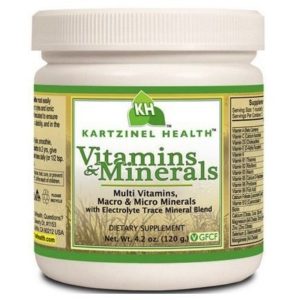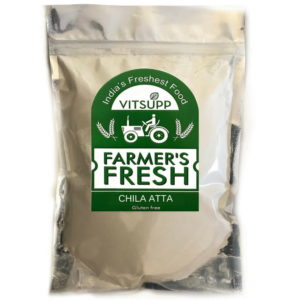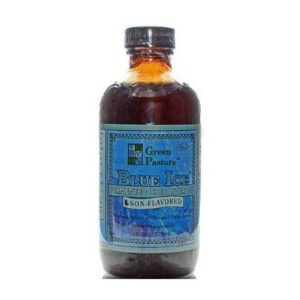Organic Clothing
Showing all 2 results
Most of the people world over wear cotton Clothing due to its benefit to the wearer. However this has severe environmental consequences as the elevated usage of insecticides in the cotton clothing is worrying consumers and policymakers equally.
As per Wikipedia Cotton covers 2.5% of the world’s cultivated land yet uses 16% of the world’s insecticides, more than any other single major crop. What it means is that Cotton is the world’s dirtiest crop.(1)
Apart from this another area of major concern is the conventional textile value chain. The processing is replete with hazardous chemicals and industrial wastes, posing problems not only to the end-products in the process but also to workers and lives around the locality.
The challenges we are facing today are:
- High levels of agrochemicals in the production of non-organic, conventional cotton.(1)
- Chemicals used in the processing of cotton pollute the air and surface waters.
- Decreased biodiversity and shifting equilibrium of ecosystems due to the use of pesticides.
- Residual chemicals may irritate consumers’ skin.
- Growing number of people are experiencing health problems such as allergies, respiratory problems, rashes, lower concentration etc.
Organic Cotton is the Future of Clothing
Organic cotton(2) is grown using methods and materials that have a low impact on the environment. Therefore those who are sensitive to chemicals found in clothing, find organic clothing very effective and comfortable to their skin.
Organic production systems replenish and maintain soil fertility, reduce the use of toxic and persistent pesticides and fertilizers, and build biologically diverse agriculture.
Therefore Organic and Eco-friendly clothing are fast becoming choice of people, primarily women and kids.
Benefits of Organic Clothing(3)
Clothing with organic cotton has following benefits:
- Softer then clothing with conventional cotton
- Causes fewer allergies compared to conventional cotton clothing
- Its production does not involve chemicals
- Ensure better health for farmers and failies
- Reduces environmental toxins as chemical pesticides are not used.
- The deadly chemicals in cotton. Environmental Justice Foundation in collaboration with Pesticide Action Network UK: London, UK. ISBN No. 1-904523-10-2.
- “Organic Cotton Facts“. The Organic Trade Association. Retrieved 2/9/2016





